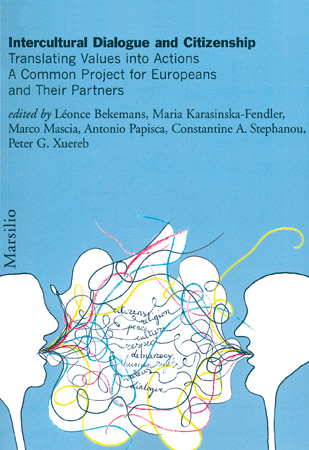Raccolte

The European Union «Dialogues» Strategy as an Effective Way towards a World Order Based on Human Rights
Marco Mascia (2007)
- Contenuto in
- Intercultural Dialogue and Citizenship
- Tipologia pubblicazione
- Articolo / Saggio
- Pagine
- 481-514
- Lingua
- EN
Arguing as the «dialogues» in the era of planetary interdependence, of internationalisation of human rights, and of development of the global civil society, are a crucial instrument for the construction of a new international order based on human rights and democratic principles, the author describes the increasing EU dialogues policy. The essay starts from the construction of a typology, with reference to both internal and external EU dialogues, in order to identify the specific objectives of each type of dialogue as well as the relationships between dialogues. The aim of the essay is firstly to identify the actors of the dialogues, to see if the reference paradigm of value is the same for all, if all the actors interested participate in the work, what results have been reached so far. The focus is placed on the institutional actors, without leaving out the actors of a different nature. The author addresses two main questions: in the complex system of EU dialogues – civil dialogue, social dialogue, political dialogue, human rights dialogue – what position does a specific «intercultural» dialogue have? Should it be a sectoral dialogue as many other, or should it be incorporated into human rights dialogue, or even should it be transversal to the already existing dialogues? The author opinion is that intercultural dialogue should be carried out on a global stage comprising the relations of the Southern and also Northern countries of the world, rich countries and poor ones, nondemocratic countries and ones with advanced democracy.

